The Wall Street Journal on April 17 quoted a source from Syrian intelligence forces revealing that Iran's Islamic Revolutionary Guard Corps (IRGC) had withdrawn its remaining senior military advisers from the allied country. Mid-level officers remained but had changed locations.
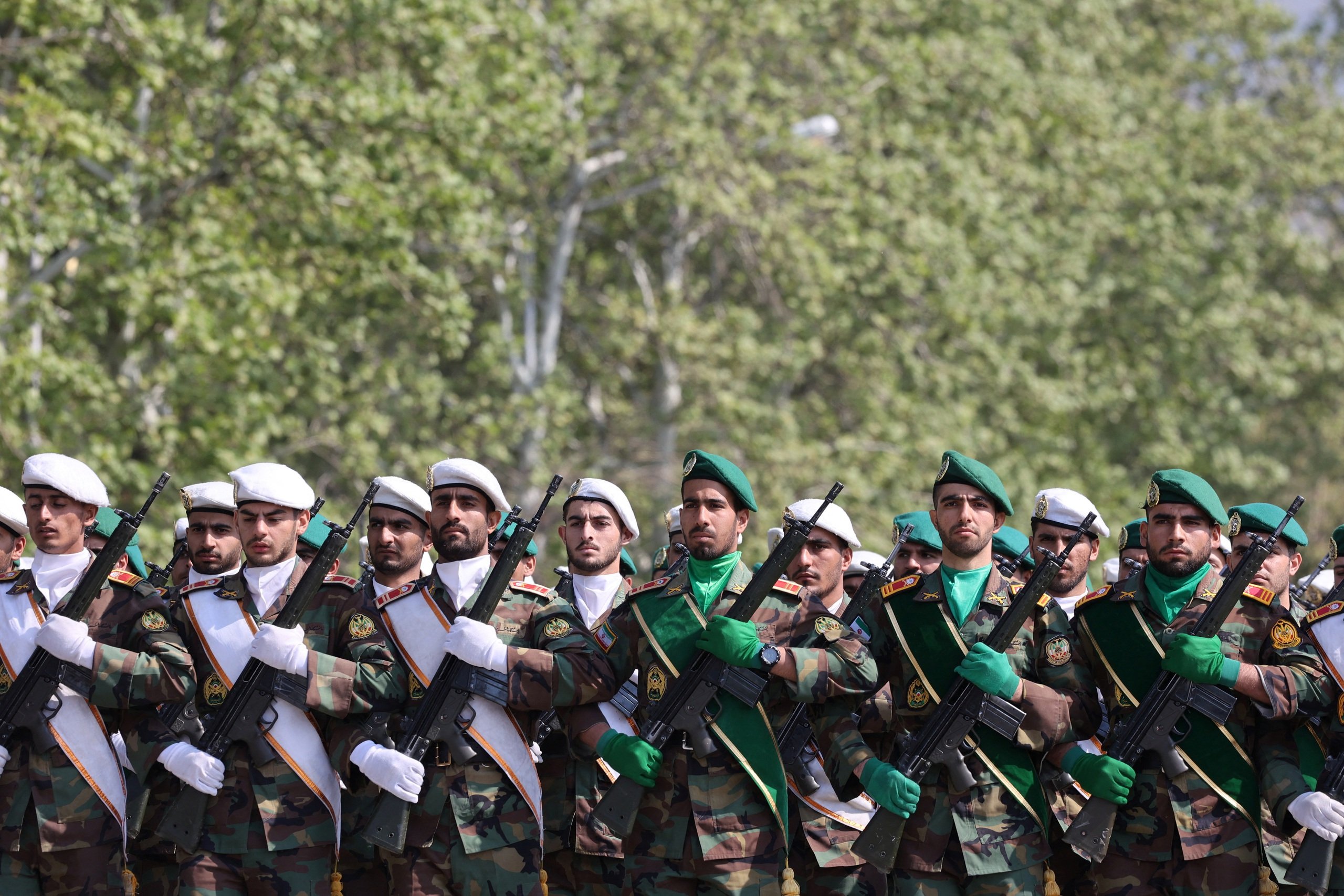
Iranian soldiers during a military parade in Tehran on April 17.
The newspaper said that Iran's ally Hezbollah in Lebanon also reduced the number of officers in Syria for the same reason.
An attack on Iranian facilities in Syria could be seen as a response that would avoid a full-blown conflict in the region. Arab officials predict that Israel’s attack will likely be limited and Tel Aviv will likely warn Arab countries before retaliating against Tehran.
What does Iran gain from its attack on Israel?
In early April, Iran accused Israel of attacking Tehran's diplomatic building in Damascus (Syria), killing senior IRGC commanders, including two generals. On the evening of April 13 and the morning of April 14, Iran launched a response by launching hundreds of missiles and drones towards Israel. The Israeli military claimed to have intercepted 99% of the weapons launched.
During a war cabinet meeting on April 17, Israeli Prime Minister Benjamin Netanyahu announced that Tel Aviv would decide on its own response regardless of advice from its allies, according to Reuters. "Israel will do everything necessary to defend itself," Netanyahu said at the meeting, after receiving British Foreign Secretary David Cameron and German Foreign Minister Annalena Baerbock earlier in the day.
Source link


![[Photo] Hanoi morning of October 1: Prolonged flooding, people wade to work](https://vphoto.vietnam.vn/thumb/1200x675/vietnam/resource/IMAGE/2025/10/1/189be28938e3493fa26b2938efa2059e)





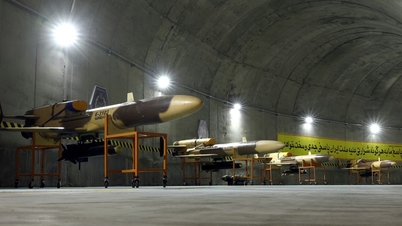
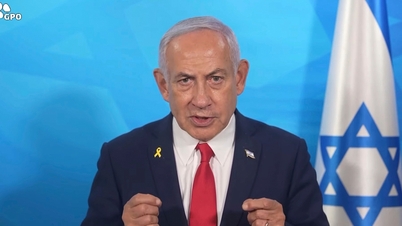
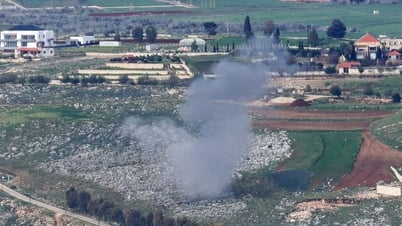

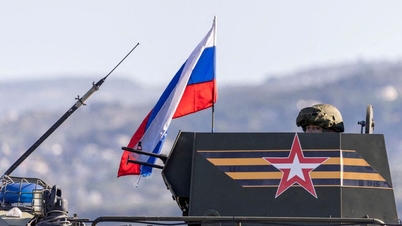
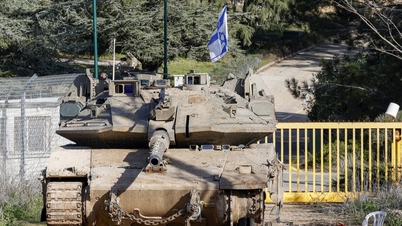

















![[Photo] Panorama of the cable-stayed bridge, the final bottleneck of the Ben Luc-Long Thanh expressway](https://vphoto.vietnam.vn/thumb/1200x675/vietnam/resource/IMAGE/2025/9/30/391fdf21025541d6b2f092e49a17243f)









































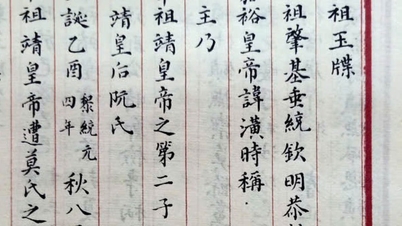
















Comment (0)